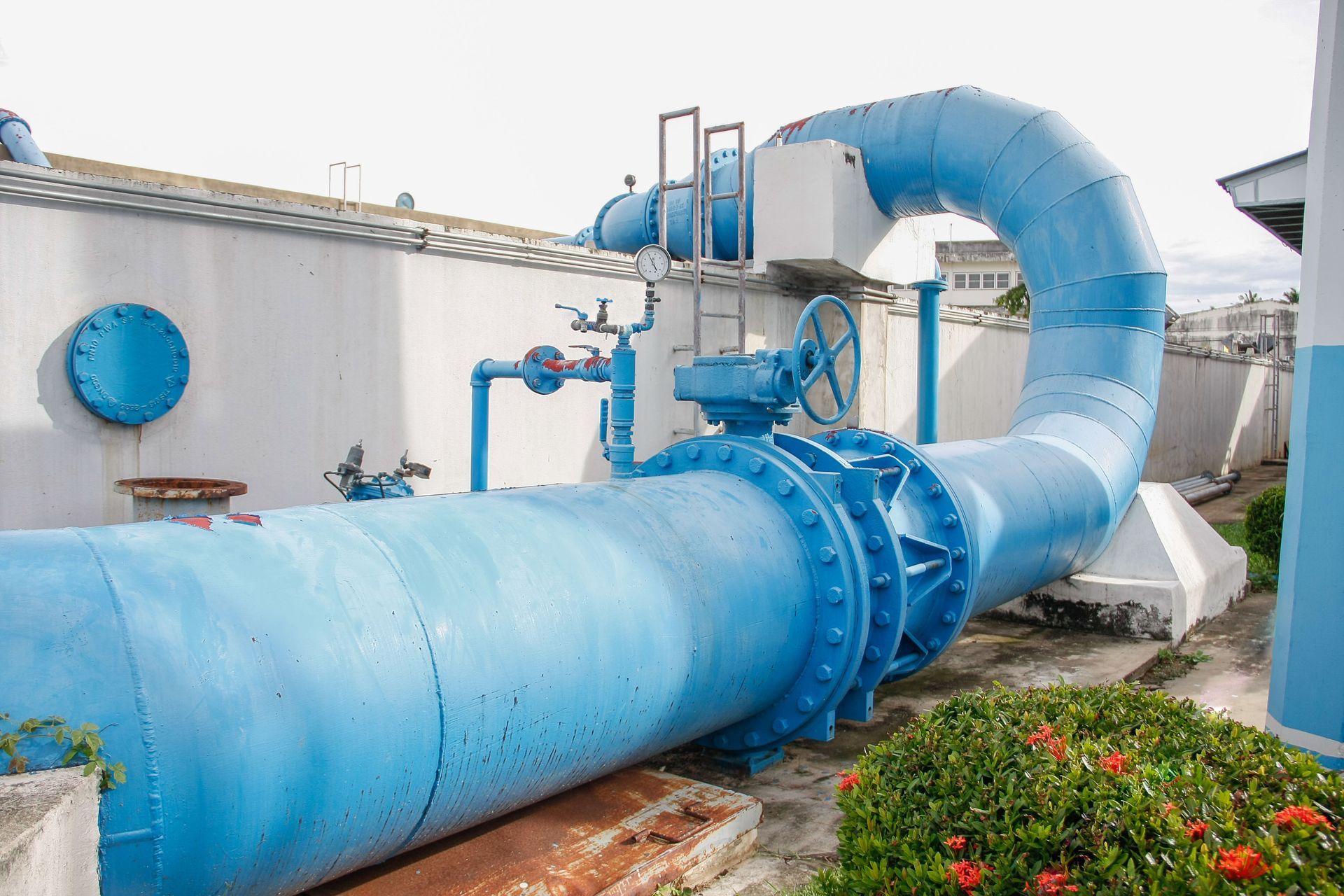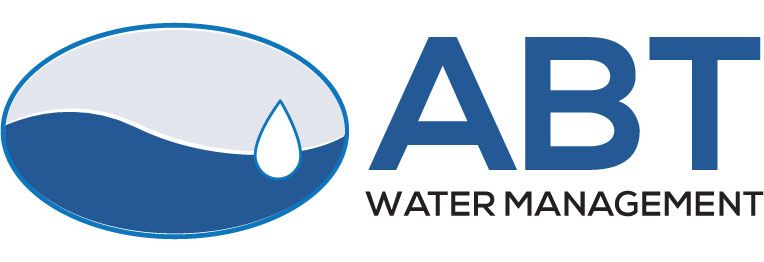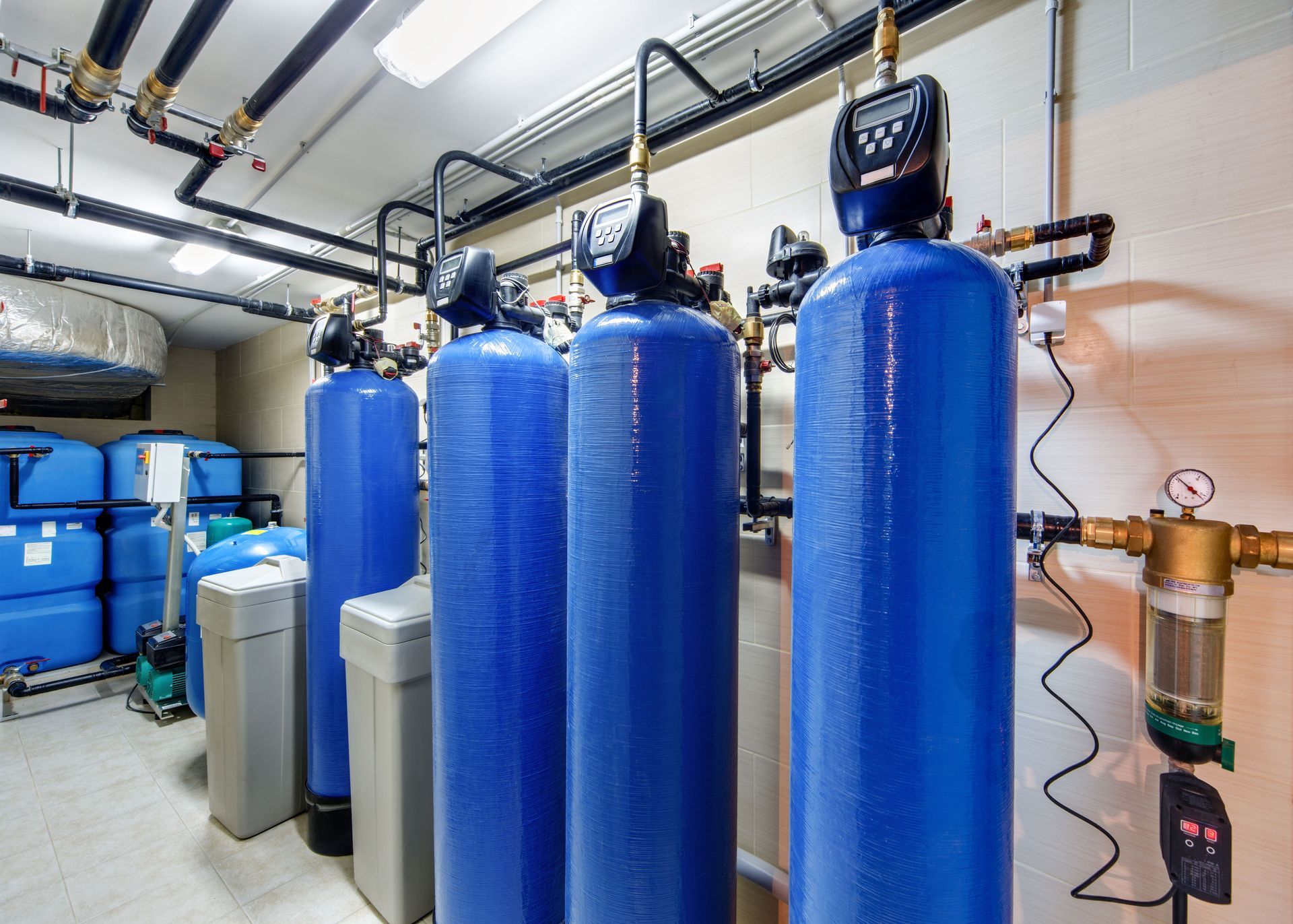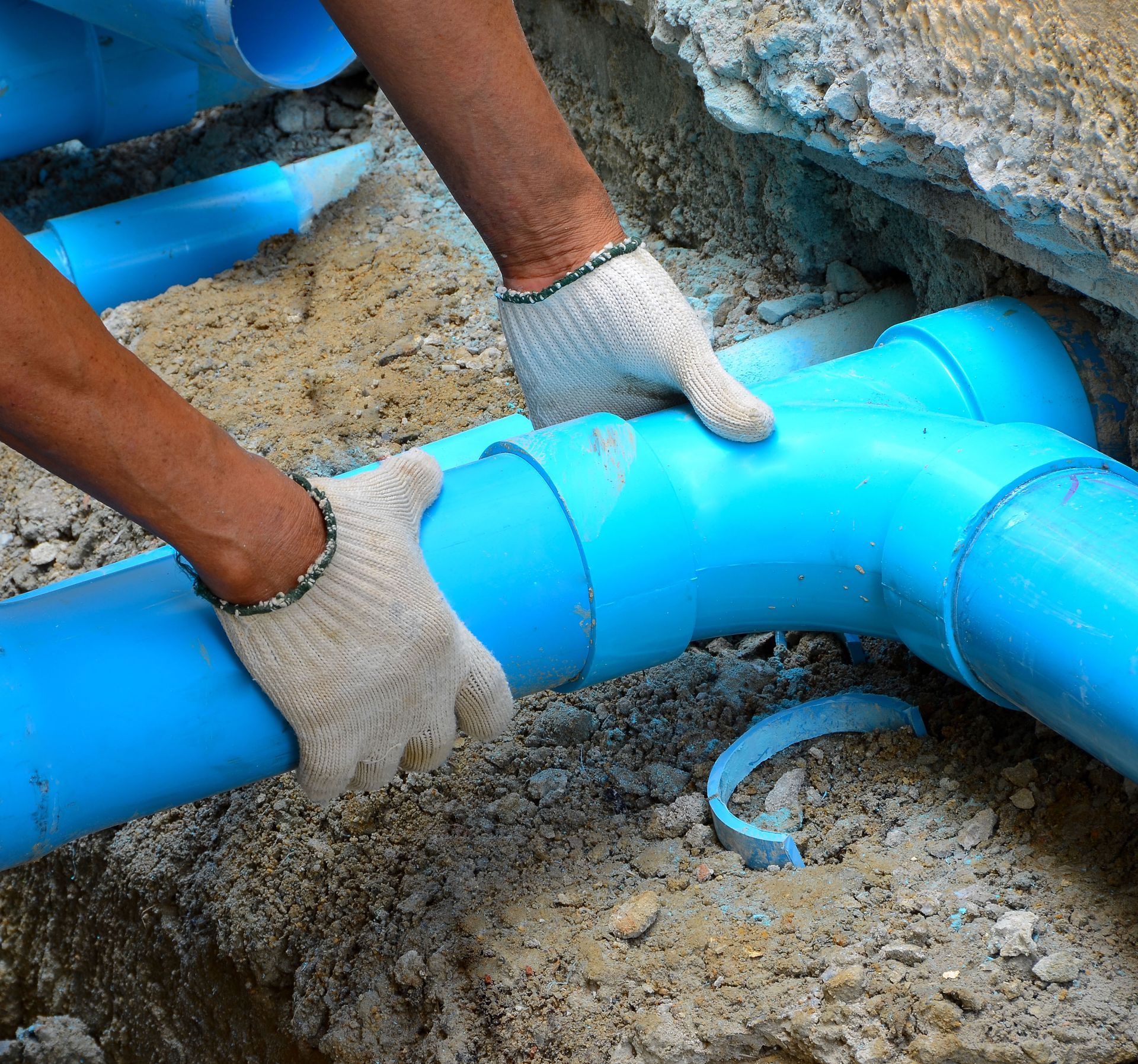3 Shocking Water Management Mistakes to Avoid
Proper water management is crucial not only for ensuring adequate supply but also for safeguarding public health and the environment. However, various common mistakes can jeopardize these goals, leading to dire consequences. In this blog post, we’ll explore three of these shocking water management errors and how they can be avoided to improve water quality and security.
1. Neglecting Infrastructure Maintenance
One critical mistake involves underestimating the importance of regular maintenance of water infrastructure. Aging pipes, outdated treatment plants, and poorly maintained reservoirs can lead to contamination, inefficiency, and massive water losses. These issues directly impact the reliability and safety of water supplies. According to Forbes, a survey revealed that 50% of respondents believe their tap water is unsafe to drink. This lack of trust often stems from visible or reported system failures. Routine inspections, prompt repairs, and long-term upgrades are essential to building public confidence and maintaining clean water delivery.
2. Overlooking Industrial and Agricultural Runoff
Another significant blunder is ignoring the impact of runoff from farms and industrial sites. Pesticides, fertilizers, heavy metals, and other pollutants often enter rivers, lakes, and groundwater due to lax oversight or inadequate runoff management. These contaminants harm aquatic life and may end up in public water systems, posing severe health risks. Implementing buffer zones, upgrading wastewater treatment standards, and enforcing environmental regulations are effective strategies to limit the entry of toxins into water sources. Adopting best management practices for both agriculture and industry can dramatically reduce the likelihood of long-term contamination.
3. Failing to Engage the Community
Public awareness and participation are frequently overlooked but play a vital role in water conservation and protection. When communities are uninformed or excluded from water management conversations, they’re less likely to adopt responsible water use habits. Educational outreach, transparent communication, and citizen science initiatives can foster stronger engagement. From fixing leaks at home to supporting clean-up events, residents can make a measurable difference. Encouraging this shared responsibility creates a culture of conservation and strengthens local water resilience.
Avoiding these water management mistakes is vital for ensuring a secure and sustainable water future. By addressing these challenges head-on, we can protect both human health and the environment for generations to come. Offering decades of experience, contact our team at ABT Water Management today to learn more!






Share On: